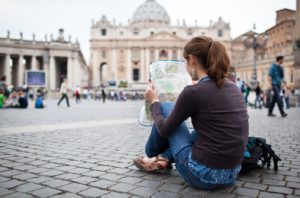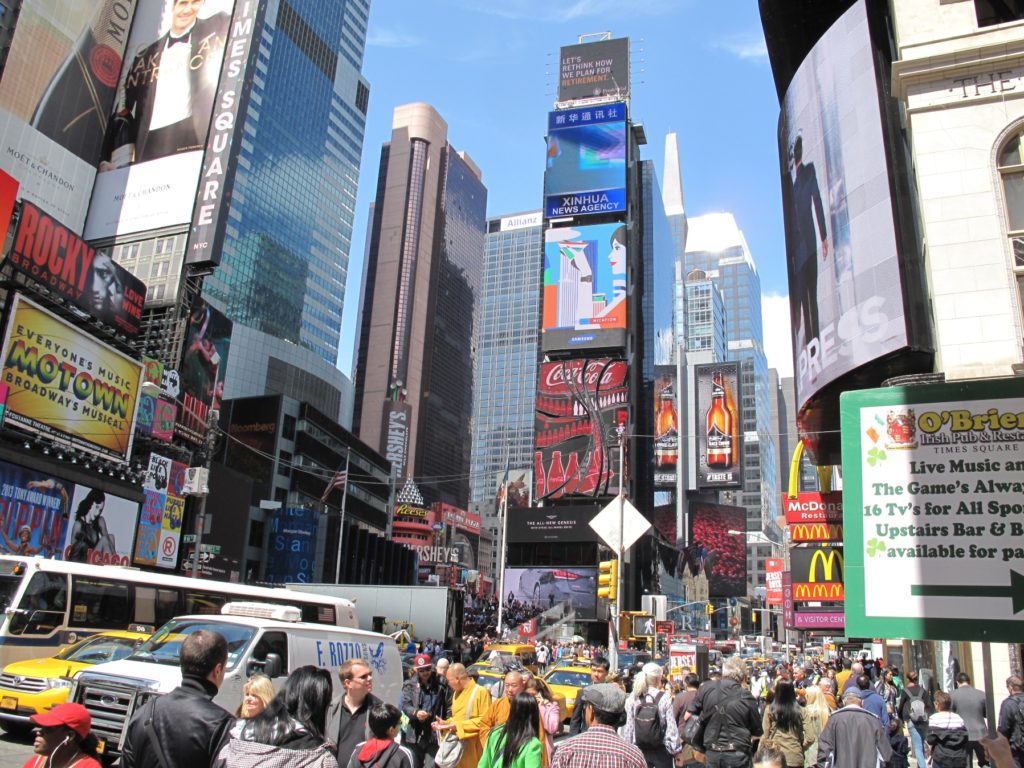New York, August 25 – Lockdowns and border closures across the world to contain the spread of coronavirus had resulted in the loss of 300 million tourist arrivals and $320 billion in receipts in the first five months of 2020 and the economic losses for the whole year could surpass $1 trillion unless governments reopen their borders, the UN World Tourism Organization said in a survey on the Covid-19 impacts on one of the world’s most lucrative industries.
While it is calling for the return of tourism in an effort to revive local economies, particularly in the least developed countries that depend much on international tourism for their development, the WTO said such a decision should be taken only if Covid-19 cases and deaths are declining.
“The crisis is an opportunity to rethink how tourism interacts with our societies, other economic sectors and our natural resources; to measure and manage it better; to ensure a fair distribution of its benefits and to advance the transition towards a carbon neutral and resilient tourism economy,” said a policy brief issued by UN Secretary-General Antonio Guterres. The UN chief joined WTO Secretary-General Zurab Pololikashvili in reviewing the state of global tourism under the pandemic.
Surveys made by WTO showed that lockdowns imposed in response to the pandemic resulted in a 97-per cent fall of international tourist arrivals by May 2020 when compared to the same period in 2019.
From January to May 2020, the surveys said Asia-Pacific suffered a 60-percent fall in tourist arrivals; 58 percent in Europe; 52 percent in the Middle East; 47 percent in the Americas and 47 percent in Africa.
The policy brief provided scenarios on the pandemic’s economic impacts painting a grim picture of tourism in 2020. It said international tourist numbers could decline by 58 per cent to 78 per cent in 2020, which could translate into a sharp drop in visitor spending from $1.5 trillion in 2019 to between $310 billion and $570 billion in 2020.
It said as many as 100 million direct tourism jobs are at risk because of the sharp decline in global tourism. In addition, global tourism’s labor-intensive hotels and food services employ some 144 million people, who will be also affected by the decline. Women make up about 54 percent of the total workers in tourism.
Tourism represented 20 percent of gross domestic products (GDP) in some developing countries. But for Small Island Development States (SIDS), tourism accounted for up to 80 percent of incomes.
The policy brief said the fall of international tourism and related revenues have cut off funding for biodiversity conservation, including wildlife, resulting in a rise in poaching, looting and consumption of bushmeat. Other programs that depended on tourism like cultural activities, festivals and handicraft products and goods are also affected.
“As countries gradually lift travel restrictions and tourism slowly restarts in many parts of the world, health continues to be a priority and coordinated health protocols that protect workers, communities and travellers, while supporting companies and workers, must be firmly in place,” the brief said.
Pololikashvili said before the policy brief was launched that it is important to restart tourism “as soon as it is safe to do so.”
“The dramatic fall in international tourism places many millions of livelihoods at risk, including in developing countries. Governments in every world region have a dual responsibility: to prioritize public health while also protecting jobs and businesses. They also need to maintain the spirit of cooperation and solidarity that has defined our response to this shared challenge and refrain from making unilateral decisions that may undermine the trust and confidence we have been working so hard to build.”

Responsible restart is possible
“The restart of tourism can be undertaken responsibly and in a way that safeguards public health while also supporting businesses and livelihoods,” Pololikashvili said.
“As destinations continue to ease restrictions on travel, international cooperation is of paramount importance. This way, global tourism can gain people’s trust and confidence, essential foundations as we work together to adapt to the new reality we now face.”
Tourism is slowly returning, more than 80 destinations lifted travel bans, but confidence is low
WTO noted, however, that there have been attempts to revive tourism in many countries but they have been gradual and cautious, particularly in the Schengen Zone of the European Union starting in July. By the end of July more than 80 destinations, including 20 small islands, have eased travel restrictions and it can be confirmed that the reopening is slow but in a continuous adaptation and responsible manner.
WTO warned that confidence in the tourist revival has dropped to record lows because of the ongoing pandemic when it evaluated tourism during the period of January-May 2020 and prospects for the May-August this year.
“Most members of the UNWTO Panel of Tourism Experts expect international tourism to recover by the second half of 2021, followed by those who expect a rebound in the first part of next year,” WTO said. adding that the experts
It said the group of global experts reminded that a series of downside risks still remain in place such as travel restrictions and border shutdowns in most destinations. It said travels between many countries are still clamped down, including between the United States and China, and by other reasons like safety concerns, the resurgence of Covid-19 and risks of new lockdowns.




